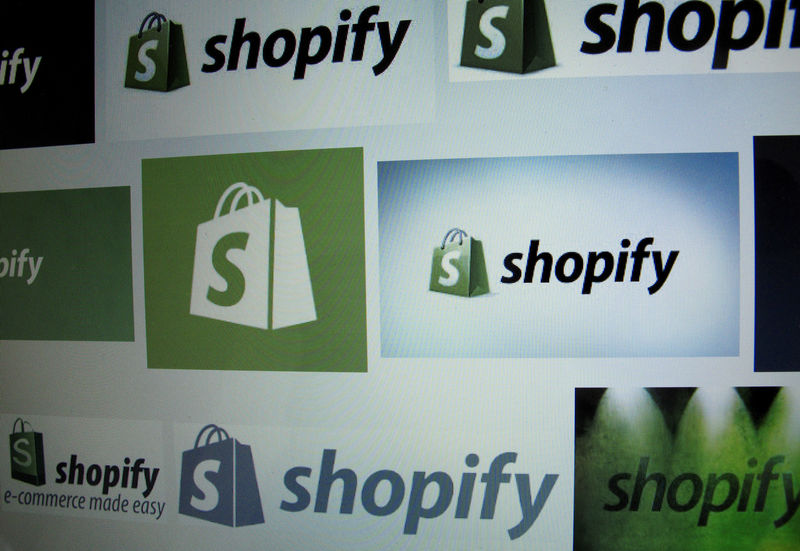Investing.com -- Shares in Shopify (NYSE:SHOP) rose in premarket trading in New York on Monday after the e-commerce group said its merchants had posted an all-time high of $4.1 billion in combined sales on Black Friday.
Ottawa-based Shopify, which provides software and services to online sellers, said global sales by businesses using the platform had grown by 22% compared to the prior year during the annual post-Thanksgiving promotional event, with demand particularly strong for clothing, personal care products and jewelry.
"The world showed up for our merchants," Shopify President Harley Finkelstein said in a statement.
Shopify's figures come as investors are attempting to gauge how customer spending habits prior to the holiday shopping season may impact upcoming Federal Reserve interest rate policy decisions. The U.S. central bank has embarked on a long-standing campaign of monetary policy tightening aimed at corraling inflation, and officials are looking to see if the moves are having the desired effect of dampening price growth.
According to third-party analytics groups cited by the Wall Street Journal, U.S. retail sales both online and in stores on Black Friday grew by 2.5% versus the previous year.
An executive at Salesforce (NYSE:CRM), which tracks retail data, told Reuters that online spending in particular totaled $16.4 billion on Black Friday, as shoppers raced to take advantage of discounts averaging 30%. The strong online demand is estimated to push sales on Cyber Monday -- the first Monday after Thanksgiving when firms typically offer special sales online -- up by 5.4% year-on-year to a record $12B, Reuters reported, quoting an analyst at Salesforce peer Adobe (NASDAQ:ADBE) Digital Insights.
Heading into both Black Friday, many retail companies had flagged that American shoppers could be less willing to spend big on holiday gifts this year due to the pressures of high inflation and elevated interest rates.
But in a note to clients, analysts at Oppenheimer argued that the initial returns on Black Friday point to a "still healthy consumer and likely portending continued, relatively upbeat consumption, into year-end." They added that, even with some traders worried about a downturn in expenditures on big-ticket items, the "seemingly solid" beginning to the holiday season "should help to soothe somewhat still persistent market jitters."
